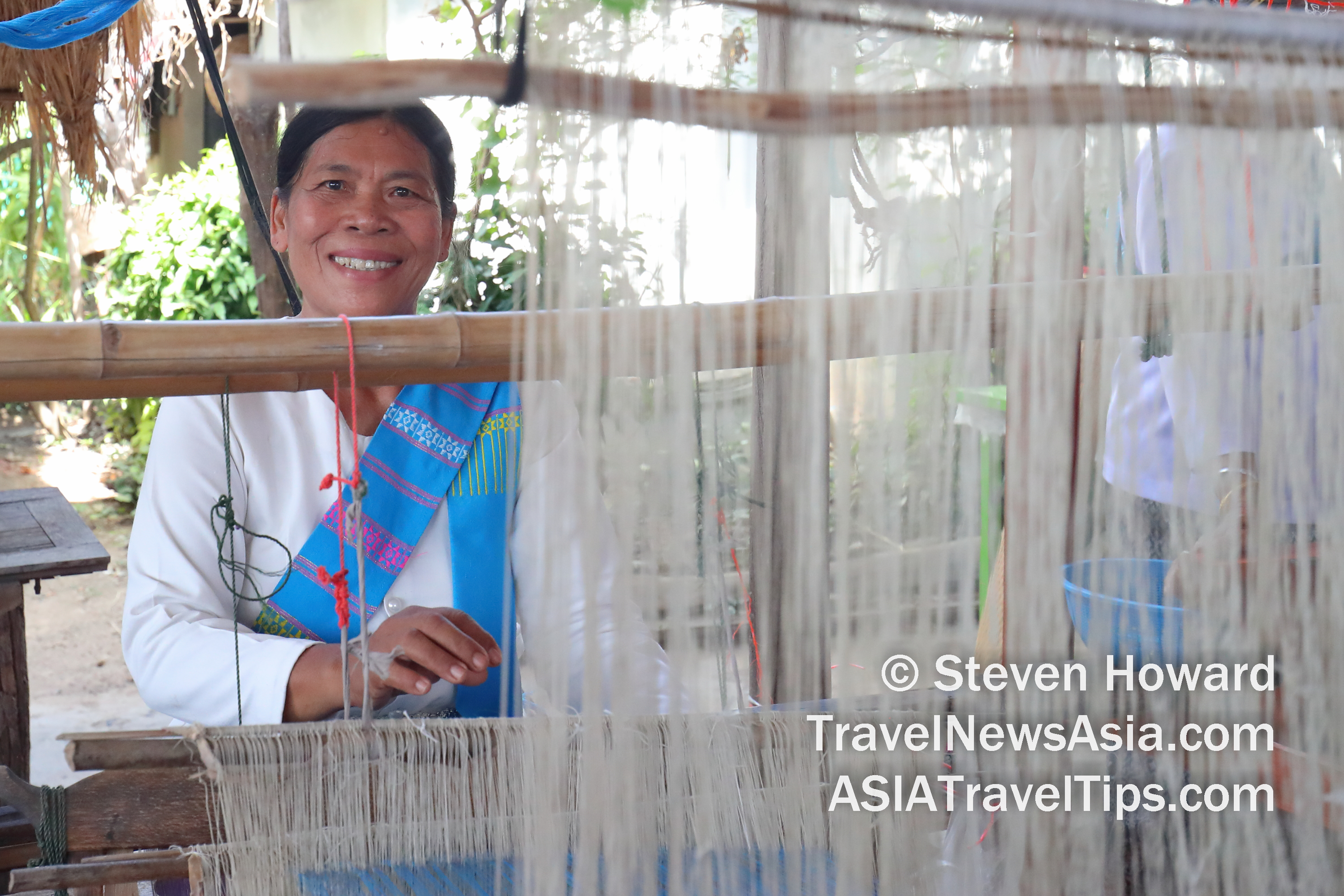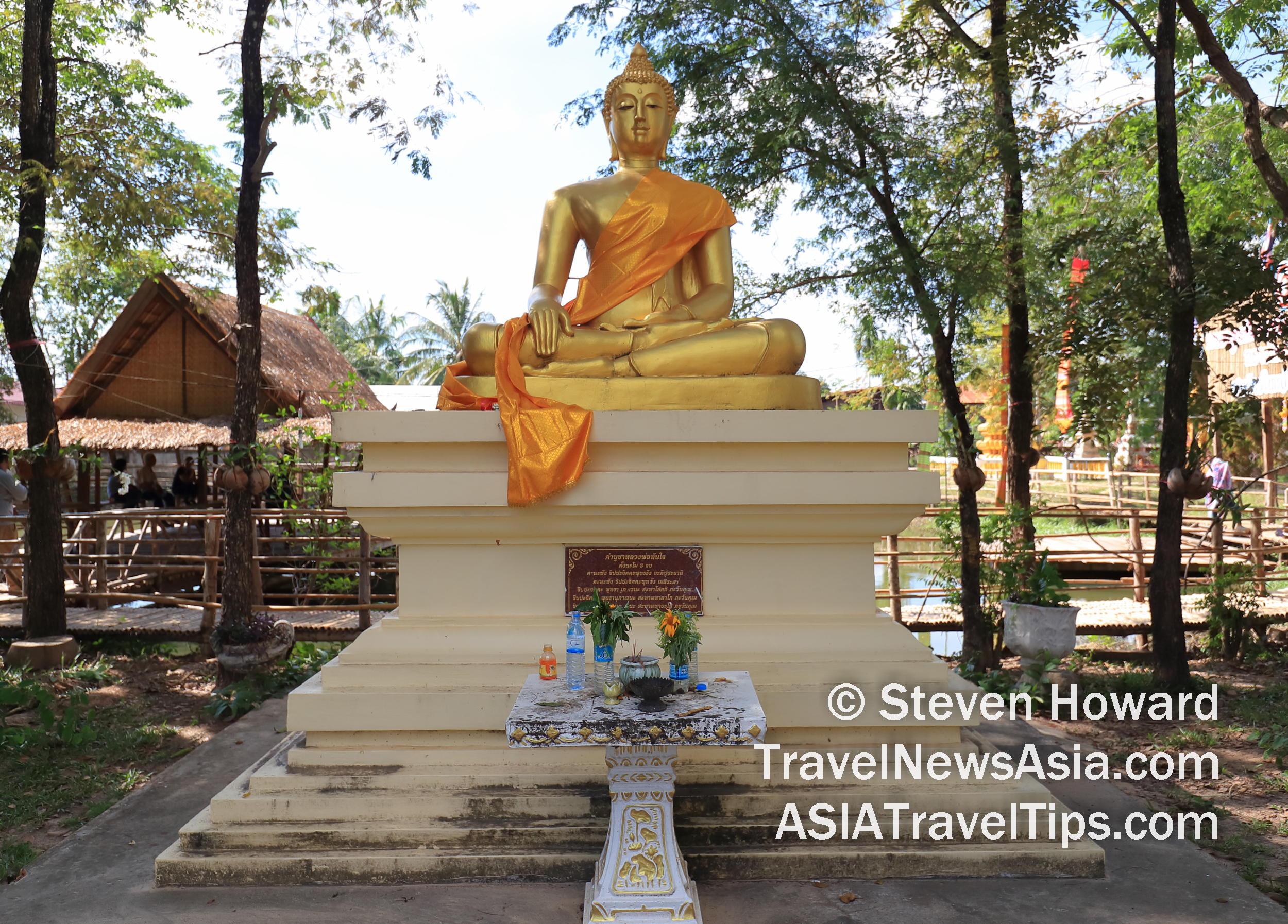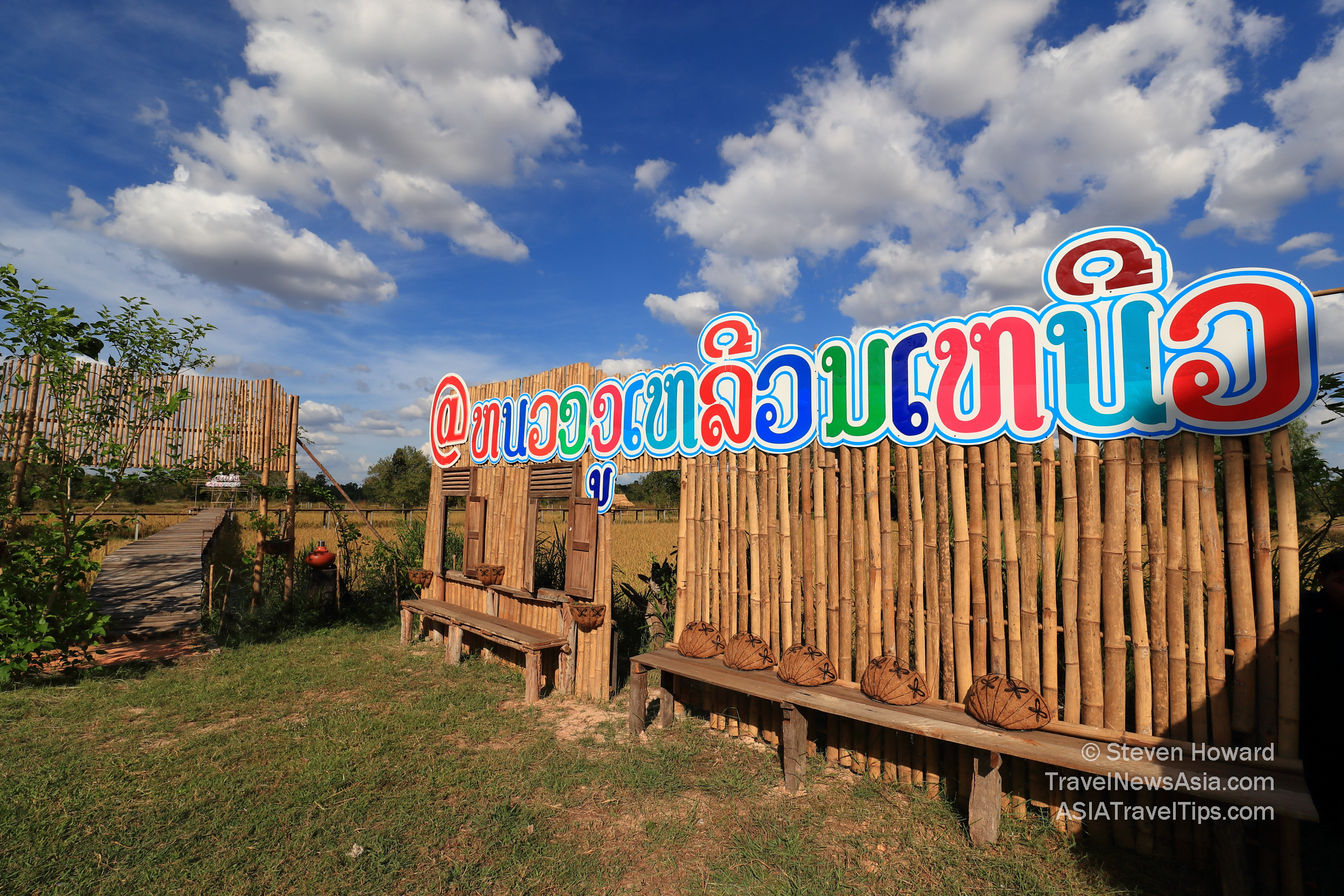|
Despite a number of challenges that the Thai
tourism industry faced in 2018, particularly with groups from
China, Thailand welcomed 38,277,300 million international visitor arrivals
in 2018, up 7.5% on 2017.
The country normally targets a yearly increase
in arrivals of around 7 to 7.5%, and in 2019 is looking to welcome
approximately 41 million people.
Thailand's visitors generated just over 2
trillion Baht (roughly US$ 62 billion) in 2018, of which the
lion's share came from East Asia and Europe. China arrivals, not
including those from Hong Kong or Taiwan, accounted for 580
billion Baht in tourism receipts, up 11.52% on 2017. ASEAN brought
in 331 billion (+11.01%), Russia 115 billion (+12.72%) and the USA
83.2 billion Baht (+12.18%). Read more
about:
Thailand Visitor Arrivals and Tourism Receipts in 2018.

Now, areas of the country normally more
associated with agriculture, are looking to tap into this
lucrative market and have started marketing themselves to both
international and domestic tourists.
One such example is Sisaket province in the
north east of Thailand. Home to roughly 1.5 million people, the province shares its border with Surin,
Roi-Et,
Yasothon,
Ubon Ratchathani and Cambodia, and covers an area of
approximately 8,840 square kilometres.
Thanks to its geographic location and a mixture
of extremely rich and fertile soil types, the province produces
some of the best durian, mangosteen and rambutan in the Kingdom.
It is also famous for cloth made from silk and cotton and
woven in a khit (ผ้าขิด) pattern.

Not looking to compete with the world-famous
holiday destinations of Phuket and Samui, small villages in
Sisaket, as well as elsewhere in Isaan, are marketing themselves
as an authentic rural Thai experience where you will learn how
real people live and work, rather than just mingle with other tourists
in a packed tourist hotspot, bar or nightclub.
What they are offering is an experience that you
are unlikely to ever forget. The opportunity to truly immerse
yourself in the local food, culture and traditions of the village
that you are visiting and staying in. An opportunity to make
genuine Thai friends and feel like a welcome part and friend of the community,
rather than just another visitor.
Perhaps you would like to learn how rice,
shallots or other local produce are made, go foraging in the
woods, discover what home-cooked Thai food is all about and maybe
even learn how to prepare it. Or, perhaps you would like to take
part in a ceremony at the local temple, listen to the monks chant
and pray,
and learn first hand how important the temple is to the the small
village that you are in.

The possibilities are endless, and as the local
villagers are all so keen to showcase their community to you, they
will go out of their way to ensure that they give you unique
experiences that will live in your memory forever.
These memories and authentic experiences are not
only valuable to you and the local community that you would be
supporting, but it is also something that Thailand is now actively
trying to promote, as they country attempts to manage the ever
increasing number of arrivals.
Thailand is known as the Land of
Smiles, and it is important that everyone within the beautiful
Kingdom can benefit from the tourism boom, not just the
world-famous tourist destinations that we are all so familiar
with.
Speaking at an event in December 2018, Thailand's Minister of
Tourism and Sports, H.E. Weerasak Kowsurat, said, �We are now
getting 38 million tourists a year, which is half our population.
If these numbers are not better balanced, managed and distributed,
neither the guests, nor hosts will be smiling.�
To experience a small village in Sisaket, such
as Baan Nong Ngoo Leuam, contact one of the
following and organise your stay directly:
- Baan Nong Ngoo Leuam: NAME and CONTACT DETAILS
(coming soon)
The pictures featured in this article are by
Steven Howard and were taken in Sisaket Province in November 2018.
See more:
Pictures from Sisaket.
|
Headlines: |
|
See latest
HD Video
Interviews,
Podcasts
and other
news regarding:
Sisaket,
Khon Kaen,
Ubon Ratchathani,
Roi-Et.
|
